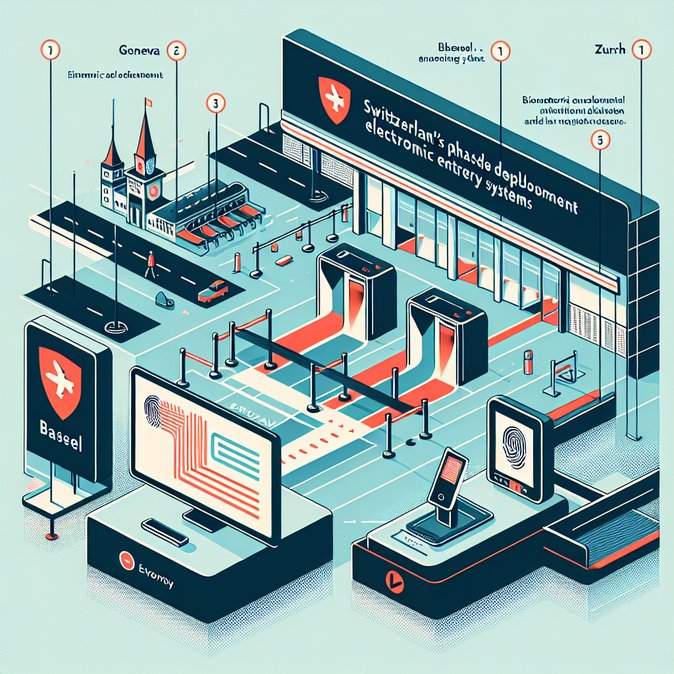
Two weeks after the EU’s Entry/Exit System (EES) launched on 12 October 2025, Swiss authorities say initial operations at Basel-Mulhouse and Geneva airports have been “stable”, with average extra processing time of 45–60 seconds for non-EU travellers. The State Secretariat for Migration confirmed that Zurich Airport will join the roll-out in mid-November once additional e-gates are calibrated.
EES replaces manual passport stamping with biometric (facial and fingerprint) registration for third-country nationals. Data is stored for three years and automatically flags overstays. For business travellers the most immediate impact is the need to factor in a one-time enrolment procedure; subsequent entries require only facial verification.
Border guards retain discretion to suspend EES if queues exceed 30 minutes—an option already exercised twice at Basel during peak half-term departures. Carriers have updated minimum-connection-time tables accordingly, and travel managers are urged to advise frequent flyers to arrive slightly earlier until the system beds down.
Swiss travel-tech start-up Travicheck has launched an API that plugs EES status into corporate booking tools, helping HR teams track 90/180-day Schengen compliance. Full implementation across all Swiss external borders remains scheduled for April 2026.
EES replaces manual passport stamping with biometric (facial and fingerprint) registration for third-country nationals. Data is stored for three years and automatically flags overstays. For business travellers the most immediate impact is the need to factor in a one-time enrolment procedure; subsequent entries require only facial verification.
Border guards retain discretion to suspend EES if queues exceed 30 minutes—an option already exercised twice at Basel during peak half-term departures. Carriers have updated minimum-connection-time tables accordingly, and travel managers are urged to advise frequent flyers to arrive slightly earlier until the system beds down.
Swiss travel-tech start-up Travicheck has launched an API that plugs EES status into corporate booking tools, helping HR teams track 90/180-day Schengen compliance. Full implementation across all Swiss external borders remains scheduled for April 2026.









